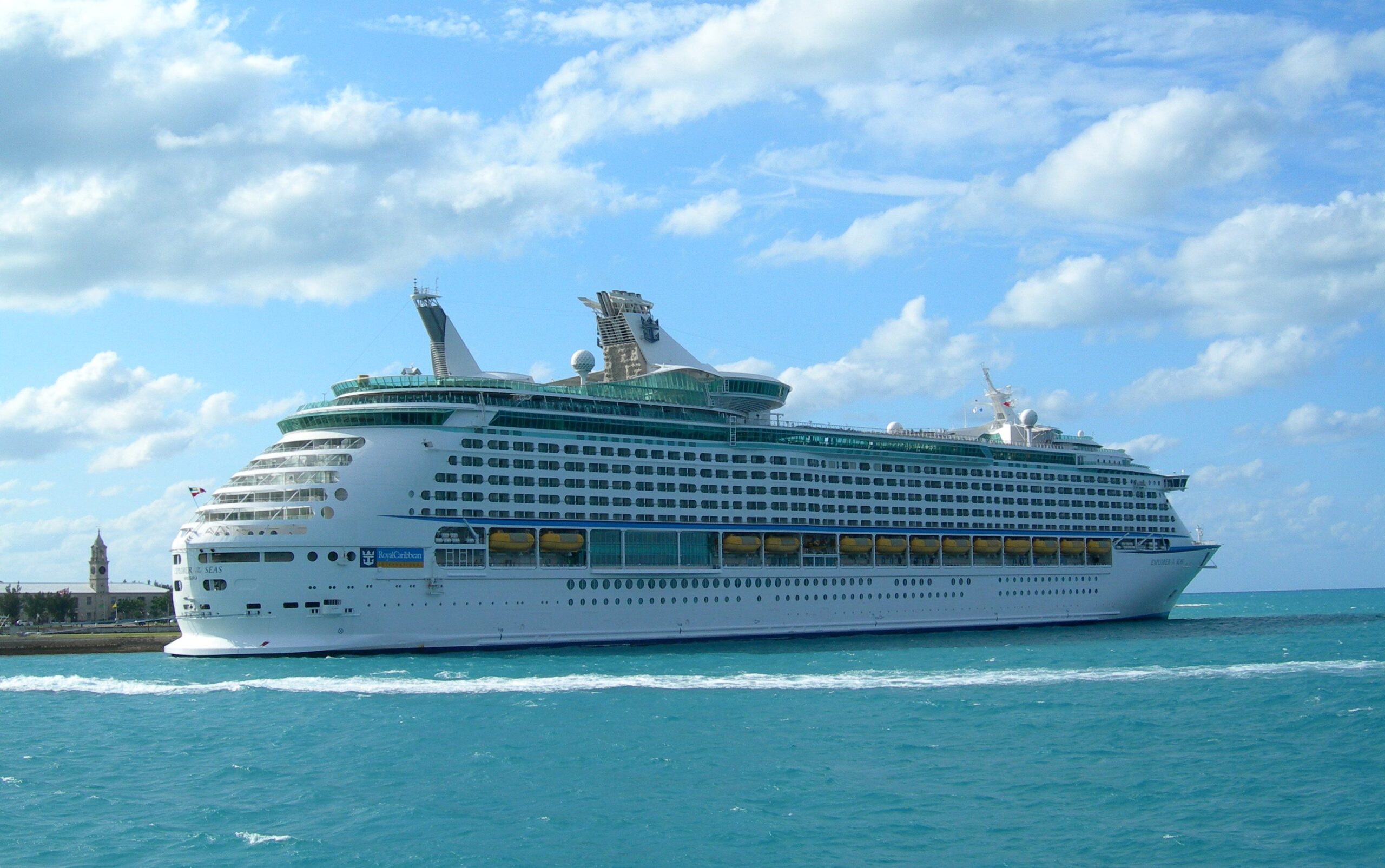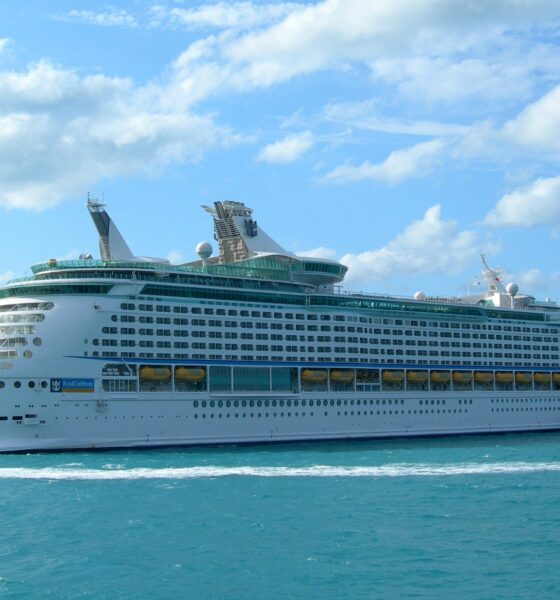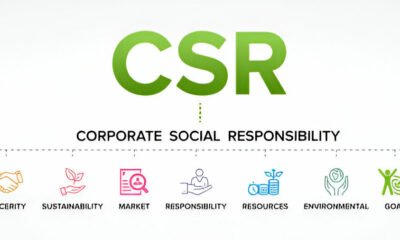

News
Cruise industry failing on corporate social responsibility reporting
Disparity and gaps in data makes it difficult to assess the sustainability of companies within the cruise ship industry, according to new research from Leeds Metropolitan University.
The study – which has been published in the journal Tourism Management – analyses the corporate social responsibility (CSR) reports and websites from 80 cruise companies worldwide.
Researchers found that almost two-thirds of these did not mention CSR on their website and only 12 brands – belonging to four companies: Carnival Corporation, Royal Caribbean International, TUI and Disney Cruises – publish reports.
Even those that do disclose non-financial information were found to have gaps in the areas they cover or used “soft data” such as CEO statements that fail to give a comprehensive understanding of the issues or demonstrate “real change”.
One of the areas lacking data was the social impact the industry and operators have on the destinations they visit. The study states that there is limited data to sustain the claim that the cruise industry contributes to local economies or creates jobs.
“In fact, low spend cruisers are considered unproductive given the costs incurred by their impact”, the researchers state.
Lead author of the study Dr Xavier Font said, “Most companies report soft data, such as statements from their CEOs, that are easy to copy and do not show real changes.
“Companies mostly report on their corporate vision and strategy, their credentials and their governance and management systems, but they fail to report on actual performance data and many key environmental and socio-economic indicators.”
Font noted that companies report on emissions, waste and water because of eco-saving strategies or regulatory pressure. However, none of the companies analysed assessed how their operations impacts on biodiversity or the resources they require. In addition, only a few disclosed their positive social or economic impact on destinations.
The report also highlights issues around the environmental impacts of a cruise ship’s discharge, pointing out that they usually operate in high valued costal waters and marine ecosystems.
Some anti-fouling coating, that is used to mitigate the impact of hazardous chemicals, can itself be harmful to some marine organisms. Even under legislation, cruise ships can discharge comminuted and disinfected sewage using systems approved by their flag administrations so long as it is more than three nautical miles from shore.
“To be able to claim environmental responsibility, cruise companies should uses an advanced system and use it consistently, not just dependent on the jurisdiction”, the researchers said.
Maria Jesus Bonilla, a senior lecturer in the accounting department at Rey Juan Carlos University and contributor to the report, concluded, “There is no consistency in the issuing of the reports. Some of the 12 companies stopped reporting as a single brand and start reporting as part of the whole group, while others belonging to the same group keep issuing their own corporate social reports.
“All this makes comparison among brands very difficult and transparency very limited.”
Photo: philk0731
Further reading:
Should I stay or should I go? The environmental tourist’s travel dilemma
Ecotourism flourishes when local people are engaged with sustainability
Sustainable tourism: ‘going green’ doesn’t just mean a splash of colour


 Features11 months ago
Features11 months agoEco-Friendly Cryptocurrencies: Sustainable Investment Choices

 Energy11 months ago
Energy11 months agoThe Growing Role of Solar Panels in Ireland’s Energy Future

 Energy10 months ago
Energy10 months agoGrowth of Solar Power in Dublin: A Sustainable Revolution

 Energy10 months ago
Energy10 months agoRenewable Energy Adoption Can Combat Climate Change




























